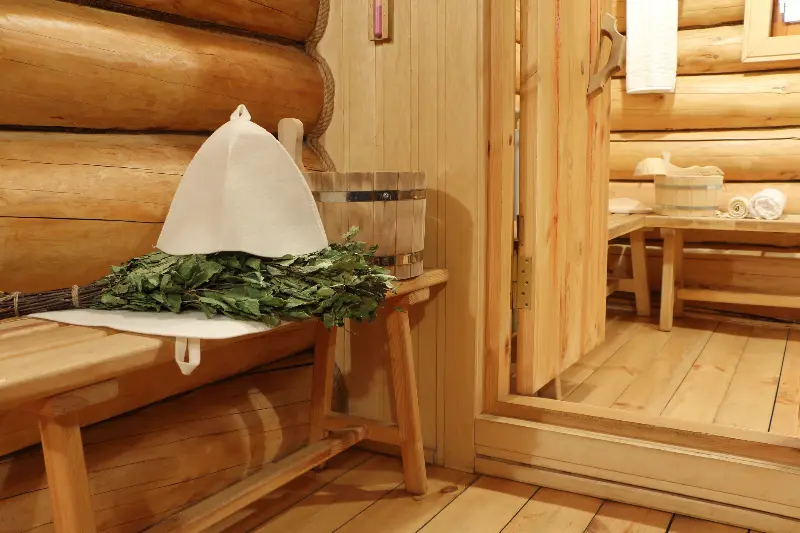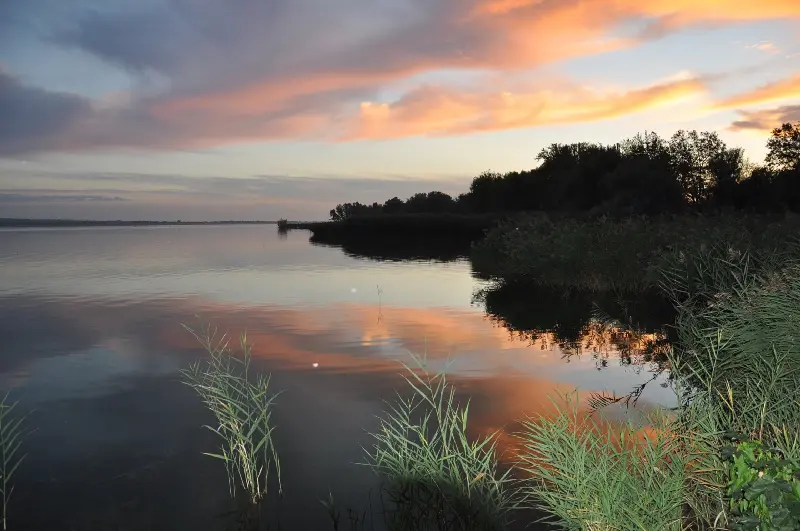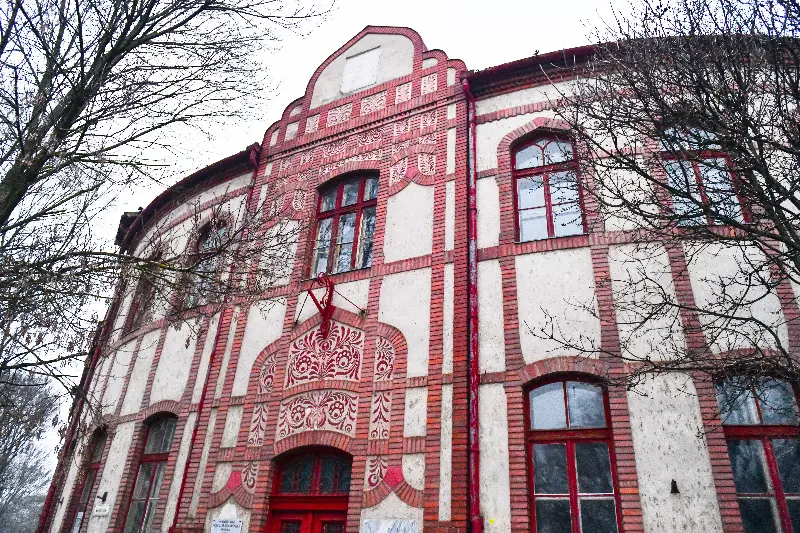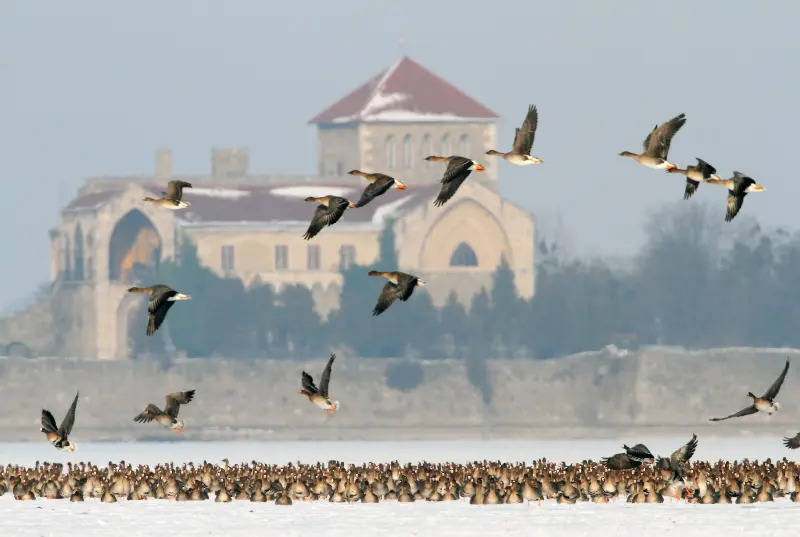
Helyszín címkék:
The great fishing lakes of Hatvan
Bóday Csilla
The gravel mine lakes of Hatvan
These lakes are located on the outskirts of Hatvan. In recent decades, they were formed during the mining of a large expanse of gravel layers close to the town. The Anglers’ Association of Hatvan manages two lakes. The “Beton” (Concrete) or Lake Gravel lake and Lake Görbeéri, or “Lake TSZ” (Lake Coop). The bed is rather changeable. The average depth may be between 1.5 and 6 meters. In early spring, the fish start biting in the shallower parts of the lake, but in April fish can be found throughout all parts of the lakes. Fish are releases approximately every 3 months, but capital carps and grass carps can also be caught in addition to 4-6 pounds fish. As there are plenty of carp in the lake, most people indulge in boilie fishing and it’s no exaggeration to say that it is considered to be the fastest developing fishing method. The boilie is actually a special fishing lure primarily used to catch larger fish.

Lake Palotási
Lake Palotási awaits anglers in all seasons, where you can fish night and day, except on competition days. There is no specific prohibition and ice fishing is allowed. Boats can be rented on the lake, boilies and catfish fishing are also allowed, however, fish caught by boilies must be released, gifting them or putting them in a carp bag is prohibited! Tickets can only be purchased with a valid fishing license at the lakeside fishing shop. A daily or weekly ticket can also be purchased with a tourist ticket. In the case of night and weekly tickets, tenting and cauldron cooking is allowed. The reservoir is surrounded by reeds and sedges interspersed with fishing spots.

Cooling lake of the Mátravidék Thermal Power Plant
This cooling lake originally served the same purpose as any other water, river and lake near a thermal power plant: to dissipate the excess heat generated during its operation. Picking up the heat, it provides a warm-water fishing area even in the winter - to the great delight of anglers from the area and Budapest. A common feature of thermal power plant lakes is that the water circulating in the riverbed must cool down between the outlet and the inflow in order to perform its function properly. This requires dams that determine the direction of the flowing water. These dams can also be found here and they are great fishing spots. Without a boat, these are particularly worth a try. The water levels are 1-2.5 meters high, yet they still fluctuate quite a bit as the lake receives its direct water supply from the River Zagyva. As the flow of this small river is highly dependent on precipitation, it cannot fill the cooling pond when the water levels are low. Pollution on the river also determines when fresh water enters the lake. Hooks won’t get stuck in the fishing water. There are grades of water in respect of obstacles, including seaweed, pumpkin leaves and underwater forest that can hinder fishing. The greatest challenge is the wooded-bushy terrain.
Ecsédi End Lake
The name of the lake has a peculiar history: Lignite mining was performed in Ecséd in the 1950s and ’60s, as in many other places in the area. The excavation ended in 1968, when the so-called recultivation of the area began, that was an attempt to restore the original soil quality and wildlife. The lake is called the “end” because it was the last trench in the entire process, therefore there was no more earth to fill it up completely. The karst-water mountain springs — nine in total — gradually fed the lake and this wonderful, unique territory was developed in this way. Therefore, the lake has an average depth of around 15 meters and its deepest point is 33 meters, although this is only typical in a small area in the southern stretch of the lake. The lake has a surface area of 34 hectares. As it is mine lake, it has crystal clear water in which migratory shells have multiplied over the years – they are almost everywhere by now. There are also many mosquito larvae, smaller snails and crabs in the lake, yet the main source of food for carp is mussels. This serves as the foundation for carp fishing in Ecséd. As boats are allowed on the lake, we also have the opportunity to thoroughly map the riverbed and identify spots, which is the most important thing on the lake. In 2008, the water of Lake Ecsédi was rated as potable water and the lake and its surroundings received the status of an environmental protection area.







